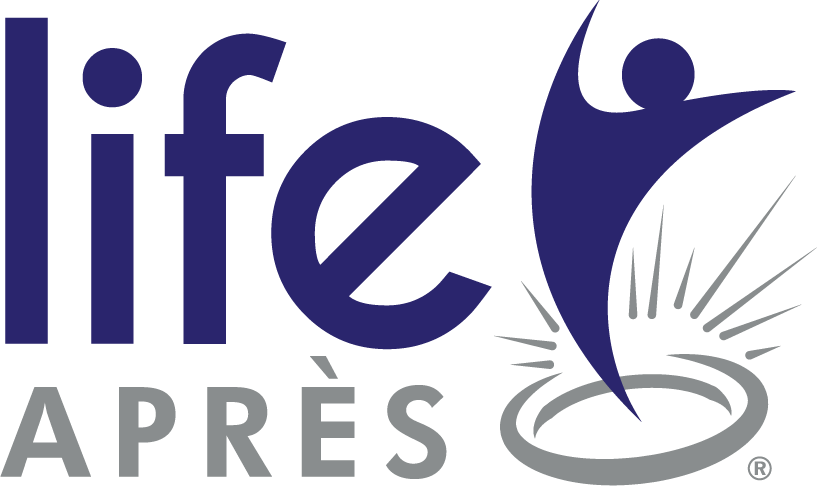“But, it’s not my heart. It’s not my heart,” my patient repeated to me. “It’s my stomach. Nothing is wrong with my heart.”
When I reached the ER, I spotted an older woman looking uncomfortable. Earlier that evening, she had developed pain just above her belly button. After a few hours, when her symptoms did not abate, her family brought her into the hospital to be evaluated. She was sweaty, nauseous and breathing heavily.
She never had chest pain. But even without that symptom, I was fairly certain she was having a heart attack. Many people do not recognize the signs of a heart attack, especially in women. Lack of awareness can cause people to wait to come to the ER and potentially suffer damage to the heart.
Chest pain remains the most common symptom of a heart attack in men and women. But women having a heart attack are more likely to have unusual symptoms — such as nausea, dizziness, pain around the belly button, feeling of heart racing, neck or arm pain — when compared with men. They are also more likely than men to have a heart attack without chest pain. Furthermore, the incidence of heart disease and hospitalizations for heart attacks is rising in young women.
My patient had high blood pressure as well as diabetes, both risk factors for heart disease. In addition, as part of her initial evaluation in the ER, she had received an electrocardiogram (or EKG), a picture of her heart that told me her heart muscle was injured from lack of blood flow.
After asking her a few questions about how she was feeling and listening to her heart and lungs, I told her my concerns. We needed to perform a coronary angiogram, a procedure to check for any blockages in the blood vessels feeding the heart. If there were blockages, we would try to open the blood vessels with a stent.
As we partake in these events and wear red, we must also remember the women in the ER who were not clutching their chests but had heart attacks all the same. Heart disease may not feel or look the same from person to person but it can affect everyone, heart month or not.
Ersilia M. DeFilippis is a cardiology fellow at NewYork-Presbyterian/Columbia University Irving Medical Center in New York.
